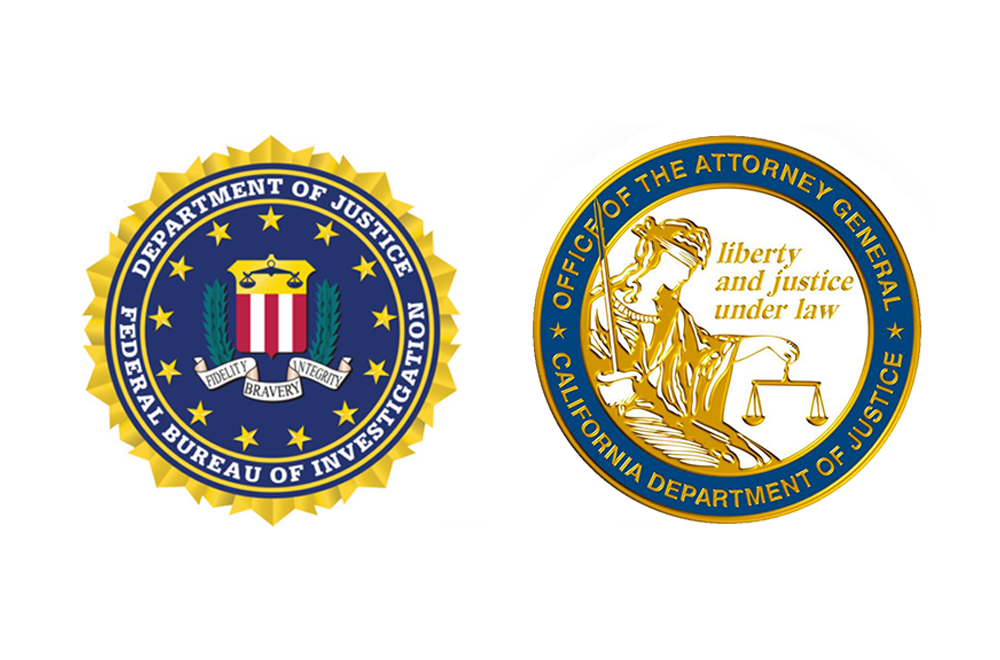TrustLine Background Check is California’s registry of in-home and license-exempt child care providers (nannies and babysitters), professional supervised visitation monitors, child care staff at Ancillary Child Care Centers (health clubs, gyms), child transportation drivers, and others not required to get a child care license, who have passed a background screening.
TrustLine is the only background check authorized by state law to use three databases that the general public, including private investigators and private background check companies, cannot access. These databases include the fingerprint records from the California Department of Justice’s California Criminal History System, fingerprint records of the FBI Criminal History System and a name check of the California Child Abuse Central Index. Additionally, TrustLine checks the California Department of Social Services Community Care Licensing database, and databases of other state departments (Aging, Public Health, Health Care Services, Emergency Medical Services Authority).
For all these reasons, TrustLine is endorsed by the California Academy of Pediatrics. The California Department of Social Services and the nonprofit California Child Care Resource and Referral Network administer the program.

It was parents that envisioned and advocated for TrustLine. After her daughter experienced injury at the hands of a nanny, a mother, Mary Beth Phillips, became a passionate advocate for protecting children. Her campaign for children's safety launched the state-run child-protection program called TrustLine. In 1987, the California Legislature passed legislation creating TrustLine which was signed into law by Governor Deukmejian.
TrustLine has been California's Background Check for babysitters and nannies for over 30 years, and over half a million applicants have gone through this background screening. Thousands of applicants who have applied to be on the TrustLine registry have been disqualified because of past criminal activity.
However, TrustLine is only one tool in choosing a child care provider, along with interviewing candidates, checking references, and finding the right fit for you and your family.

Applicants complete a TrustLine Background Check application and submit it to the California Department of Social Services along with a set of fingerprints (used to check Department of Justice and FBI records) and appropriate fees. If an applicant has cleared the background screening, they will be Registered with TrustLine.
Parents can check if a provider is Registered with TrustLine by calling 800-822-8490 or emailing trustline@rrnetwork.org, and giving the provider’s full name, and ID number (CA or Out-of-State Driver’s License or ID number, or a permanent resident card).
